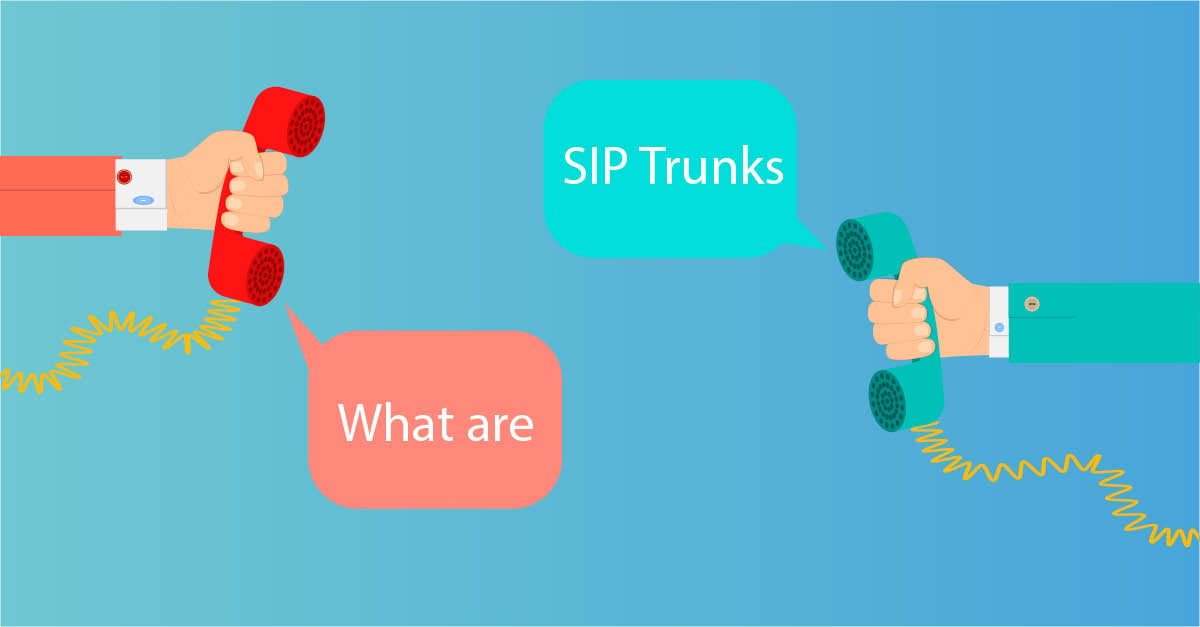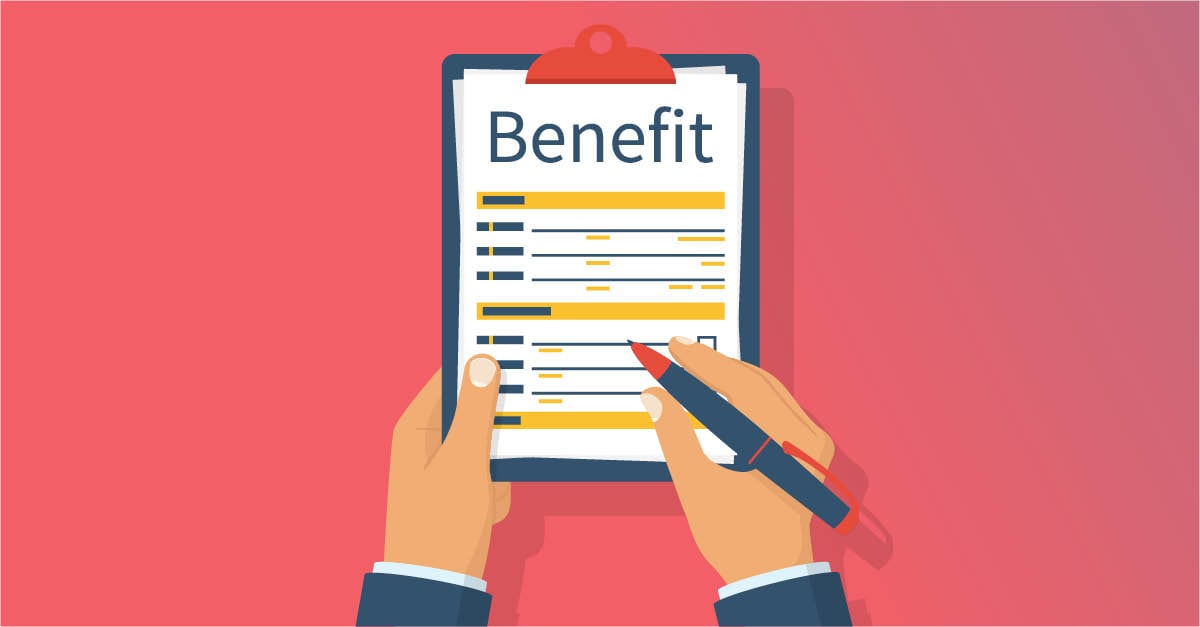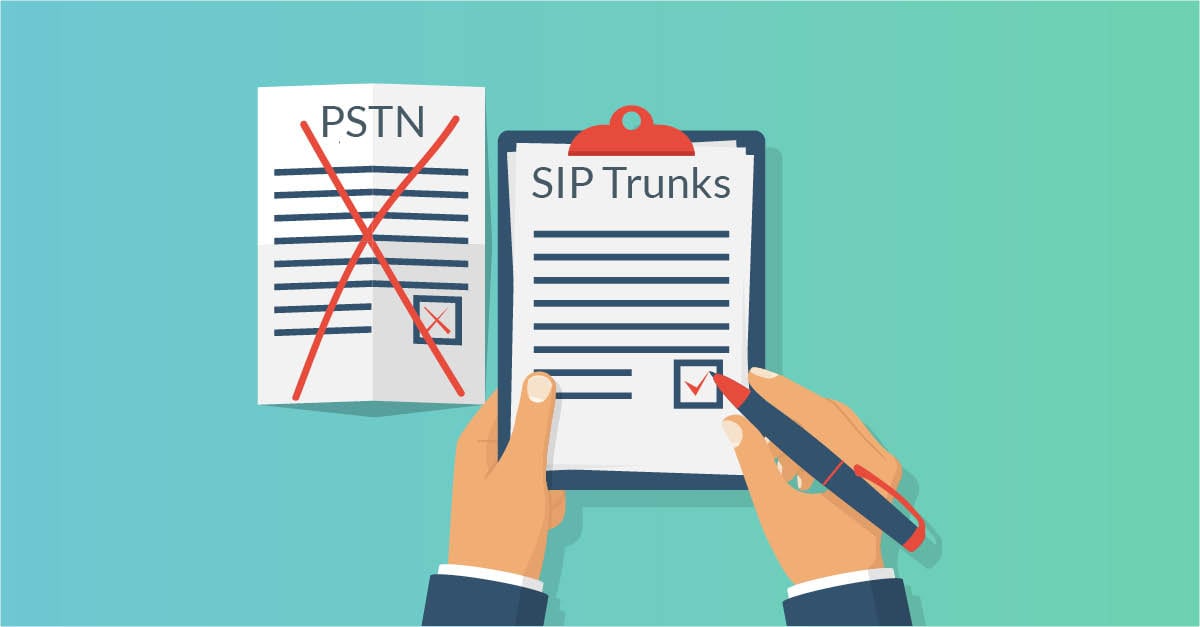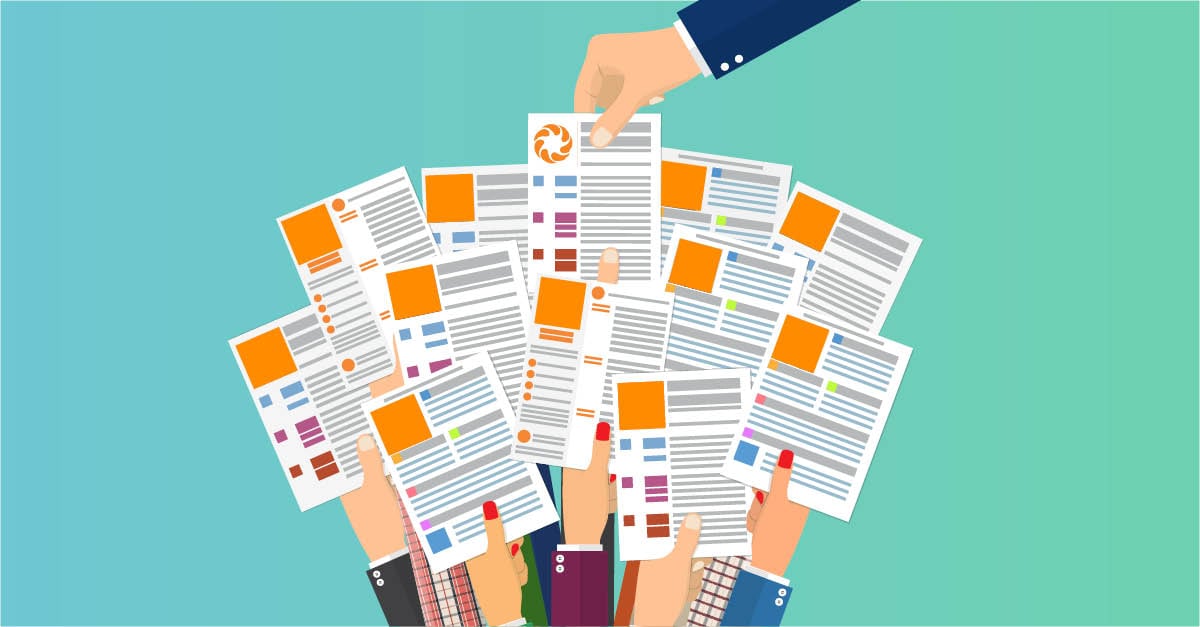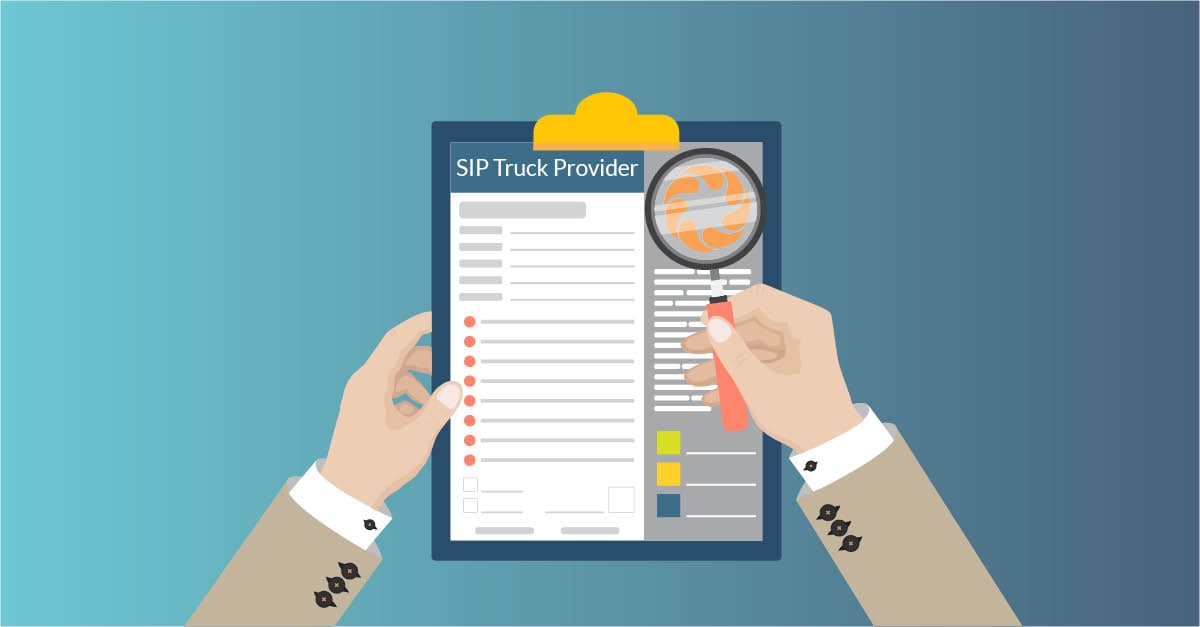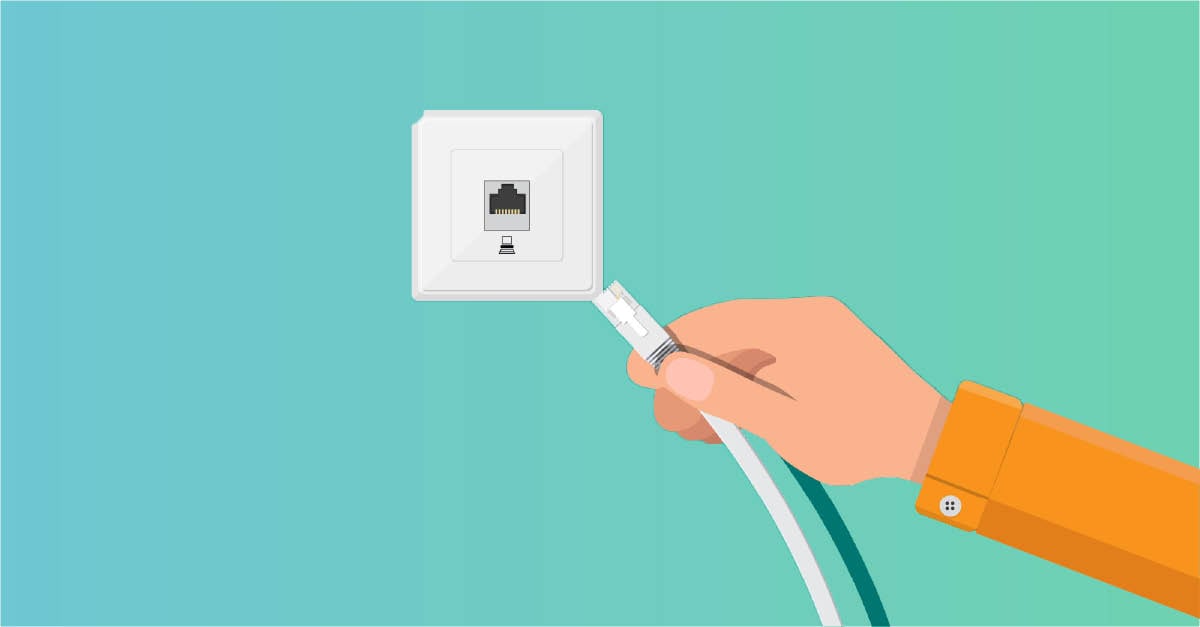SIP stands for Session Initial Protocol. Widely recognised as the preferred method of communications transit in the modern era, SIP was designed by Jonathan Rosenberg in 1996 and has seen many iterations and enhancements. Today, SIP is the ready replacement for ISDN services and powers most cloud telephony solutions globally.
Unlike traditional ISDN and PSTN installations, SIP trunking doesn’t require any on-site installation. Instead, there are a few considerations that must be accounted for.
Topic SIP

SIP trunks are more than just a replacement for your telephone lines. Whilst they are the most obvious candidate when it comes to reliability and taking a step towards the cloud, there is a lot more to SIP trunking. Here are 6 key things you should know about SIP trunking before making your decision to go down the SIP route.
Topic SIP

Understanding the difference between ISDN and SIP is an important part of your potential migration. ISDN circuits are physically installed into your premises and connected to your PBX. With SIP, the requirement for physical infrastructure is removed and replaced with a virtual version in the form of trunks transmitting data.
Topic SIP

SIP has fast become a commodity product due to its cost benefits, rapid configuration and business benefits. For those yet to adopt SIP, it’s important to understand the reasons why businesses adopt SIP and how it can help your communications infrastructure.
Topic SIP

SIP trunking is the obvious choice when it comes to replacing your ISDN circuits. But, with the ISDN switch off not due until 2025, it’s important to understand the business benefits you can leverage today. Realising why SIP trunking is superior to PSTN and ISDN connectivity is a key element when it comes to enhancing the business case to migrate to SIP trunks today - rather than leaving it...
Topic SIP

Once you’ve assessed your options and decided that SIP is the right way to take your business, you’ll want to jump right in. Often, the journey from decision to implementation is a disconnected one. Recognising this, we’ve put together a guide to walk you through what you should expect when kicking off your SIP implementation.
Topic SIP

SIP trunk technology is available in different packages. Whereas outdated ISDN services served as simply the phone line, SIP offers several varieties. Each package is designed to slot into your communications strategy. This list identifies the five specific packages that FluidOne bundles together when offering SIP services. These are split into user packages and group packages, providing...
Topic SIP

When evaluating SIP providers, it’s easy to get sucked in by technical detail. Outside of the technology itself, there are some key criteria that you should use to narrow down your shortlist. Here are the most important factors to look out for when selecting a provider of SIP trunking.
Topic SIP

When migrating to SIP trunking, it’s important that you know what is going on behind the scenes. Once you’ve selected a provider to move you from ISDN to SIP, there are several key stages along the way.
Topic SIP

